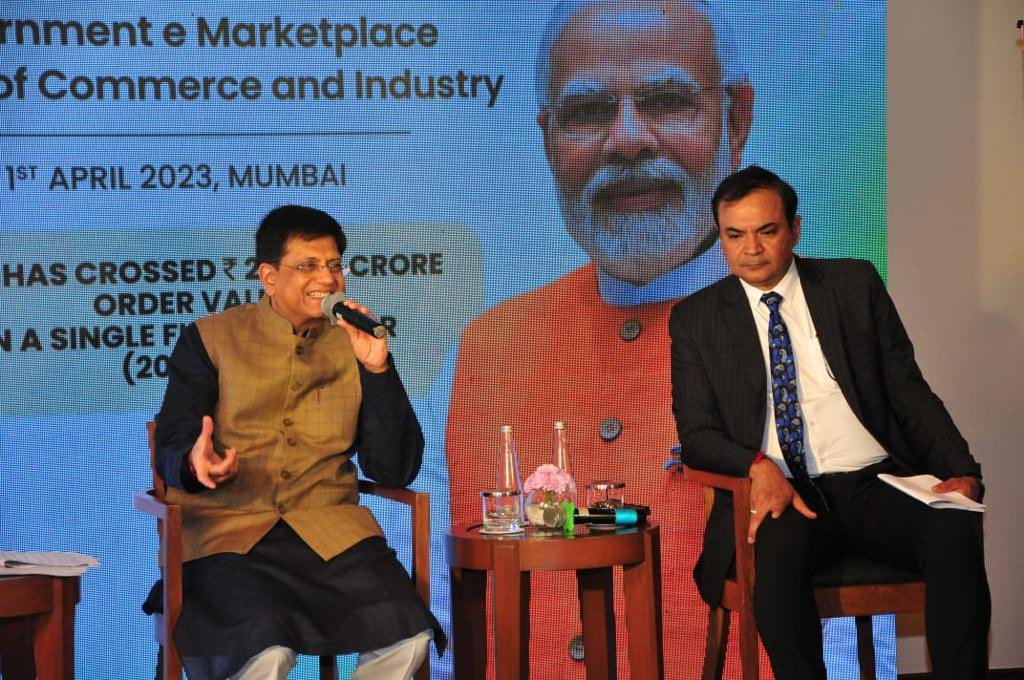The GoI officially launched the NFTP on 31st March, 2023 and the policy comes at a critical time, especially as the global economy is facing a slowdown and India’s exports have been struggling. It aims to not only alleviate the problems faced by exporters but also create a roadmap for the sustainable growth of India’s foreign trade. The policy will aim to increase the country’s exports to $2 trillion by 2030 and shift the trade economy from an incentive-based system to an “enabling ecosystem”.
One of the most important features of the NFTP is the focus on technology and innovation. The policy recognises the role that emerging technologies such as artificial intelligence (AI), blockchain technology, and the internet of things plays in improving industries, especially in the trade market. The government plans to invest in research and development to promote innovation in exports, while also creating a technology-enabled ecosystem for conducting business. This goes hand-in-hand with the measures being introduced to promote ease of doing business. The government plans to streamline customs procedures, reduce transaction costs, and improve logistical infrastructure to make it easier for businesses to operate in the country. This includes the creation of a trade portal, which will provide information on trade policies and procedures, while also facilitating online transactions.
Another important aspect of the NFTP is the emphasis on diversifying exports. The policy aims to reduce dependence on traditional markets and products and explore new opportunities in emerging sectors such as e-commerce, renewable energy, and digital services. Another key feature of the NFTP 2023 is the extension of its benefits to e-commerce exports, which are predicted to reach $200-300 billion by 2030. In contrast, the old policy had a narrower focus on promoting exports in specific sectors such as textiles, leather, and gems and jewellery.
The NFTP also acknowledges the importance of services in India’s export basket. It proposes measures to promote exports of services such as IT, tourism, healthcare, and education. The government plans to create a favourable regulatory environment for export of services, provide incentives for service providers, and improve the quality of services to attract foreign buyers.
The recently launched policy also identified four new Towns of Export Excellence (TEE) – Faridabad, Moradabad, Mirzapur, and Varanasi – in addition to the existing 39 TEEs. It also proposes the creation of export promotion councils for each sector to provide a platform for businesses to interact with the government and other stakeholders. The councils will help identify issues faced by exporters, suggest policy measures, and promote exports.


